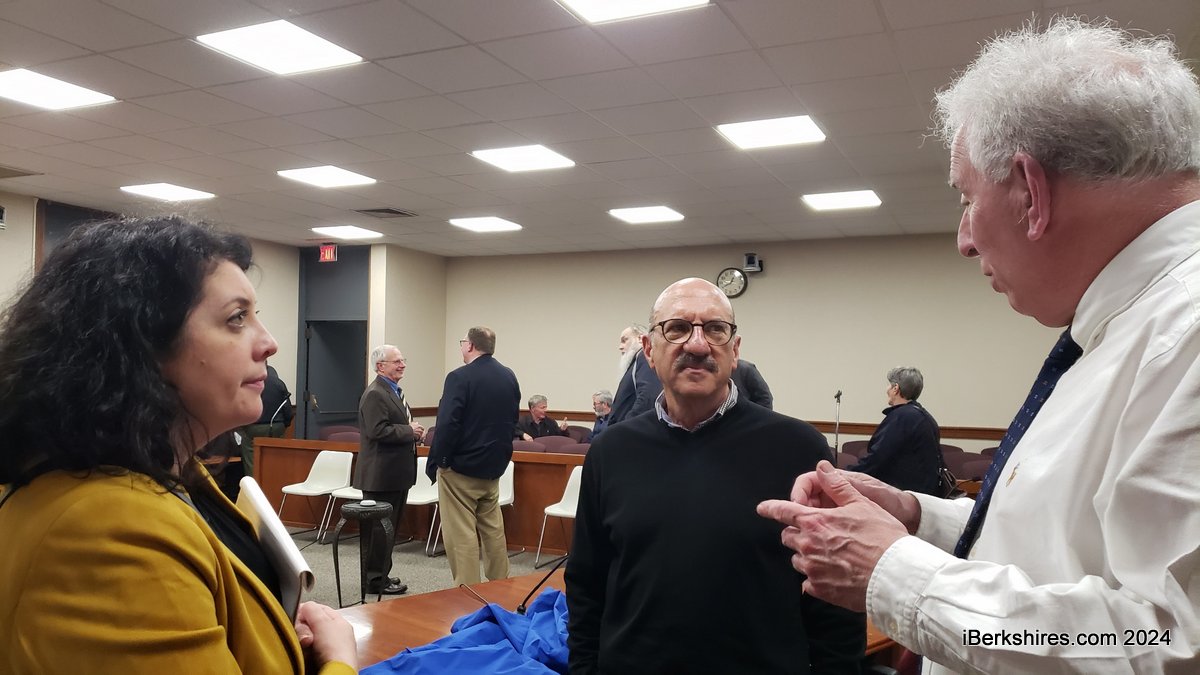Will the Presidential Election Affect Investment Outlook?
 |
We’re just a few weeks away from the first caucuses and primaries, so presidential election season is in full swing. As a voter, you may be keenly interested in the election process. But as an investor, should you be concerned?
If you take a look back, you might be somewhat encouraged over the prospects of the financial markets this year. In the last 12 presidential election years, the Dow Jones Industrial Average has been up nine times and down just three. So, election years must be good for the financial markets, right?
Not necessarily. In every year, the markets are influenced by a variety of factors: interest rates, inflation, corporate profits, geopolitical events, economic growth, even the weather. And it’s safe to say that 2016 will be no different. At this early stage of the year, one could say that some of these factors, such as continued low interest rates and a reasonably strong economy, might bode well for investors. But there’s a lot of 2016 ahead of us – and it’s notoriously difficult for anybody, even so-called experts, to accurately predict the market’s performance over a relatively short time, such as a year.
Still, the market’s history of pretty good results in presidential election years may not be entirely random. For one thing, the White House is never the only office being contested; elections are also held for every congressional district and many seats in the Senate. Consequently, during these election years, campaigning often takes precedence over legislating. This legislative inactivity tends to be welcomed by the financial markets, which generally dislike surprises, big changes and new directions.
However, you can’t really count on past trends to provide a certain roadmap for the year ahead, in terms of the performance of the financial markets. As mentioned above, many factors influence this performance, and at this early stage in the year, we just can’t predict which of these factors will take precedence.
So, instead of worrying about things you can’t control, focus on those that you can. For starters, review your investment mix. Does it still properly reflect your goals, risk tolerance and time horizon? Over time, even if you haven’t made many changes to your portfolio, it can become “unbalanced.” For example, if you own some stocks that have increased greatly in value over the years, these stocks may now be taking up a larger percentage of your holdings than you had intended, bringing with them a higher degree of risk. Consequently, you might want to consider selling off some of these stocks and using the proceeds to fill in other gaps in your portfolio.
On the other hand, if you think your mix of investments is not providing you with the returns you need to help make progress toward your long-term objectives, you may need to add some vehicles that can provide you with more growth potential. After all, it’s 2016 now, so whatever your age, you are another year closer to retirement.
Will this year look like past presidential election years, as far as good returns from the stock market? No one can say for sure. But if you “vote” for smart investment moves, you won’t be sorry.
This article was written by Edward Jones for use by your local Edward Jones Financial Advisor. Courtesy of Walter Lother, Financial Advisor, in North Adams, at 413-664-9253.
Tags: election, financial planning,

.jpg)















